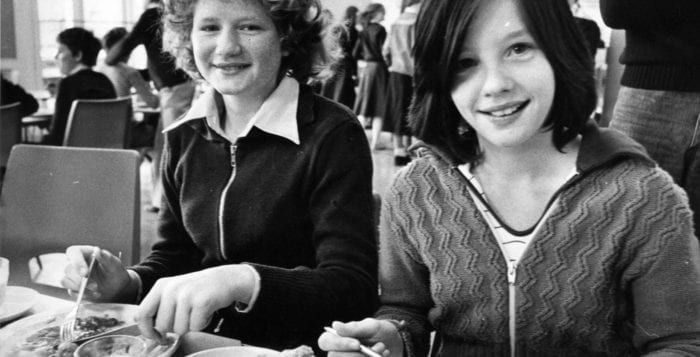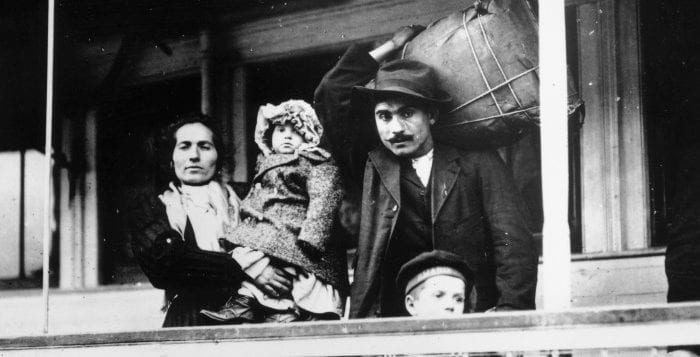By Daniel Dunaief

Airports are funny places, if you don’t have to fly anywhere. In no particular order, I’d like to share some observations after myriad recent summer flights.
Cost of food and drinks: It’s not quite as high as the U.S. Open prices, but it’s pretty close. You can buy a water for the same price as you’d buy a case of 24 waters at a supermarket or a drugstore.
Jennifer Aniston still sells magazines: Every news store has numerous magazines near the instant sugar and the ways to improve bad breath. At least one, if not all, of these editorial products typically features Jennifer Aniston because, even at 50 years old, Rachel from “Friends” still helps sell magazines.
Perfect place for claustrophobes — yes, that’s a word — to feel claustrophobic: Despite the ongoing construction, LaGuardia still features incredibly close hallways that are reminiscent of former baseball stadiums, albeit without the smell of hot dogs or the sound of a crowd roaring to life after a home run.
Caste system in the air: We board by group number because that’s what the airlines, in their infinite wisdom and desire to divide us into the “haves” and “have nots” have decided is the best way to wring a few extra bucks out of its customers. So, naturally, those of us unwilling to shell out a few extra shekels — that’s the Israeli currency, but I put it in here because of the alliteration — have to board in group 9. What I especially love about this group, which is often the largest one, is that the airline workers rarely even say the number. After they board group 8, they’ll say, “OK, and everyone can board now.” Why even give us a number if we are “all the rest”? Just put “last” or “loser” or “cheap bastard” on our tickets and call it a day. Seriously, this group boarding system is reminiscent of the Hindu caste system, where the group 9 people are the equivalent of Harijans or “Untouchables.” Ooh, that was a good movie which had nothing to do with flying or with the caste system, although Nitti did take an unintended flight before he was waiting in the car.
Bags: Is it just me, or have the storage spaces on the airlines become smaller even as people lug two and three pieces of furniture, I mean baggage, onto the plane? Of course, the people in groups 1 and 2 could easily store a couch in the limited overhead space, while the group 9 crowd isn’t allowed to take a miniature backpack.
Pretzels or cookies: Really? That’s what the food has come down to on airplanes? No more, “chicken or fish” from the flight attendants. Nowadays, they seem magnanimous when they offer us a choice of carbohydrates. Sometimes, they even let us take one of each, but they wink as if we’re not supposed to tell anyone. Oops, did I just blow their secret?
Manipulative timing: Airlines finally seem to have mastered the art of under promising and over delivering. When flights leave on time, they arrive 30 minutes or more early. When they leave 30 minutes later than anticipated, they somehow arrive on time. It probably makes passengers happier to arrive earlier, but it makes the concept of “on time” less of an accomplishment. The airlines seem to have created their own timing curve.
Rating the flight: We’re barely on the ground before the airlines want to know how they did. Well, they arrived early (surprise, surprise); they gave the happy people in the higher groups of the plane the requisite pretzels; and they didn’t have time to serve drinks or pretzels to the underappreciated fliers from group 9.









 How often do we watch an interview with someone who has accomplished the unimaginable, who doesn’t know what to say or who is it at a loss for words when someone shoves a microphone in that person’s direction?
How often do we watch an interview with someone who has accomplished the unimaginable, who doesn’t know what to say or who is it at a loss for words when someone shoves a microphone in that person’s direction?




